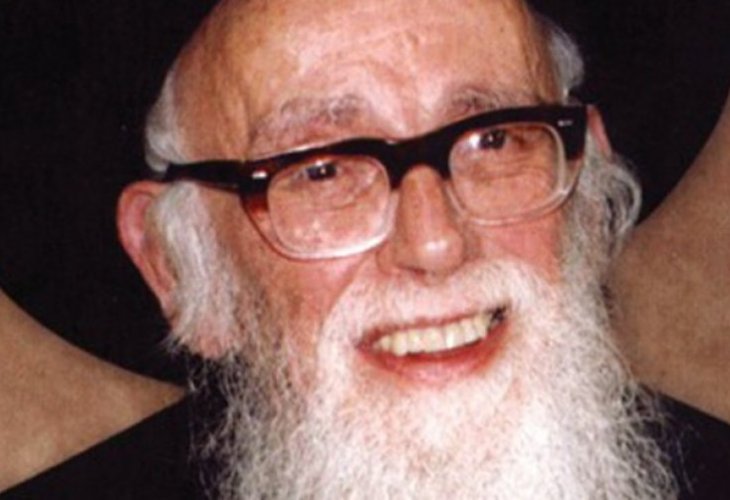Personal Stories
Rabbi Shlomo Zalman Auerbach’s Surprising Advice to a Grieving Widow
A widow's sorrow was met with surprising advice from Rabbi Shlomo Zalman Auerbach, guiding her to find hope and strength for her children.

A widow, overwhelmed with grief, entered the home of the late Rabbi Shlomo Zalman Auerbach, seeking comfort for her broken heart. She shared her intense feelings of guilt, saying, “In my husband's final days, he was very ill. I tried my best to care for him, but I feel as though I failed him. If I had devoted more time to him, maybe he would have recovered. I can’t shake the feeling that I am to blame for his death.” The widow asked the Rabbi how she could make amends.
Rabbi Auerbach listened to her words with compassion, his heart open to her pain. After a moment of reflection, he gently spoke: “If you truly wish to do something that will bring great merit to your husband in the world above, something that will help him more than any other act—then I will tell you three things you must do.”
The widow, feeling unsure, leaned in closer, eager for his guidance.
“The first thing,” Rabbi Auerbach said, “is to go to the toy store and buy each of your children a new, beautiful toy as soon as you leave here.”
“The second thing,” he continued, “is to create a new habit. Once a week, take your children on an outing—a trip to a place that brings beauty and peace to their hearts. A place where they can relax and feel refreshed.”
“The third thing,” he said, his voice filled with understanding, “is to try, with all your might, to bring joy into your home. Despite the sadness you may feel, work hard to overcome it and create an atmosphere of happiness for your children.”
The widow, taken aback by the Rabbi’s response, could hardly believe her ears. She had expected instructions for intense rituals or acts of penance, yet here was the Rabbi offering simple, thoughtful advice that seemed to focus on her children’s well-being.
Rabbi Auerbach, noticing her astonishment, explained with his gentle demeanor: “In the Holy Zohar, it is written, ‘The son brings merit to the father.’ This means that when children follow the righteous path, it brings great merit to their father in the world above. And it’s clear that children who are happy, calm, and nurtured are more likely to succeed in life—both in their studies and in their behavior. When children are at peace, they can learn better, behave better, and live in a way that brings honor to their parents, both here and above.”
He continued, “By doing what I’ve suggested—buying toys, taking your children on outings, and creating an atmosphere of joy—you’ll help your children grow into faithful, devoted followers of Hashem. And this, more than anything else, will bring true comfort and satisfaction to your husband in the higher realms.”
Rabbi Auerbach’s words were a beacon of hope for the grieving widow. Instead of focusing on her guilt, he shifted her attention to actions that would nurture her children’s future and elevate her husband’s soul.
In a time of deep sorrow, the widow found clarity in the Rabbi’s simple yet profound guidance: healing begins with love, joy, and nurturing the next generation in the ways of Hashem.

